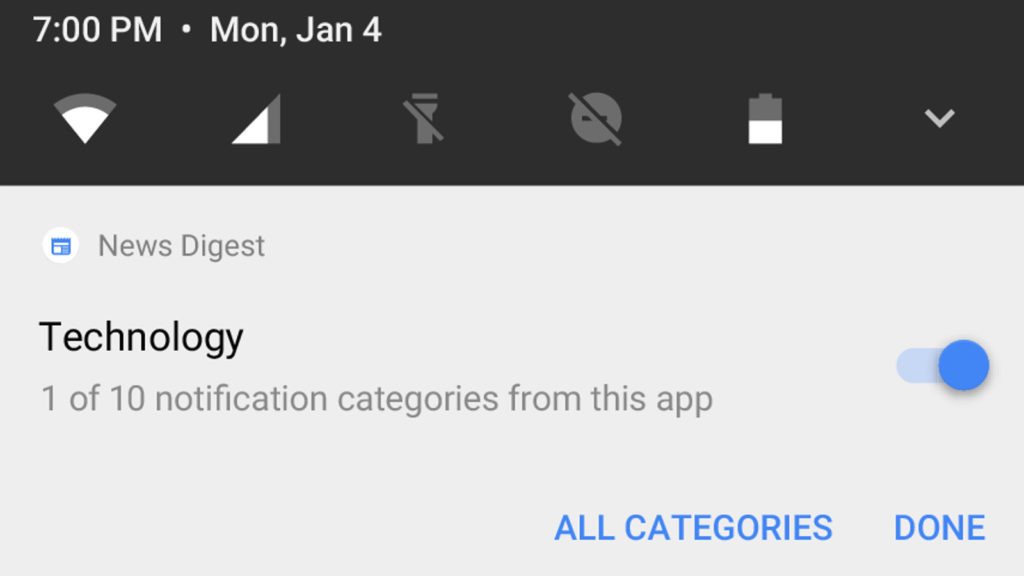It’s about time for the next major iteration of Android to be released, isn’t it? So Google has done just that by pushing out the Android O developer preview this week.
According to a blog post by David Burke, VP of engineering for Android at Google, battery savings are a key focus area for the latest update.
No ad to show here.
“Building on the work we began in Nougat, Android O puts a big priority on improving a user’s battery life and the device’s interactive performance. To make this possible, we’ve put additional automatic limits on what apps can do in the background, in three main areas: implicit broadcasts, background services, and location updates,” Burke explained.
“These changes will make it easier to create apps that have minimal impact on a user’s device and battery. Background limits represent a significant change in Android, so we want every developer to get familiar with them.”
It is indeed a big change for the Google platform, having historically stood out from iOS and Windows Phone thanks to its versatile multitasking nature.
The Android O developer preview targets battery life and notifications, among other features
The next big feature are notification channels, effectively seeing an app’s alerts get categorised. This allows for more granular control over an app’s notifications, as users can tweak specific notification types from an app rather than all of the app’s notifications.
“For example, you might setup separate notification channels for each conversation group created by a user in a messaging app,” Google’s developer guide reads.
The third major introduction are autofill APIs, allowing users to “select an autofill app, similar to the way they select a keyboard app”. So those with password manager apps will want to consider this.
Supported devices?
Picture in Picture (PiP) support is another big feature in Android O, coming years after third-party apps allowed you to do the same. “Picture in Picture (PIP) display is now available on phones and tablets, so users can continue watching a video while they’re answering a chat or hailing a car,” reads an excerpt from Burke’s blog post.
Other notable features include wide colour gamut support for apps, the LDAC codec for Bluetooth audio, Wi-Fi Aware (for WiFi communication without an internet connection), better hardware keyboard support (due to Google Play apps on ChromeOS) and AAudio for high-quality audio.
The Android O developer preview is out now, being available via emulator and several devices (Nexus 5X, Nexus 6P, Nexus Player, Pixel, Pixel XL and Pixel C).
